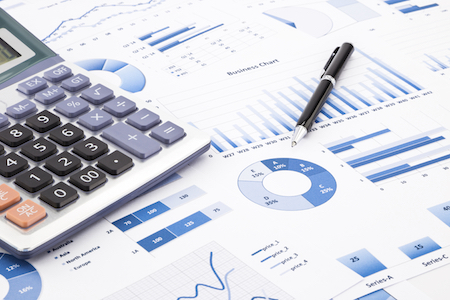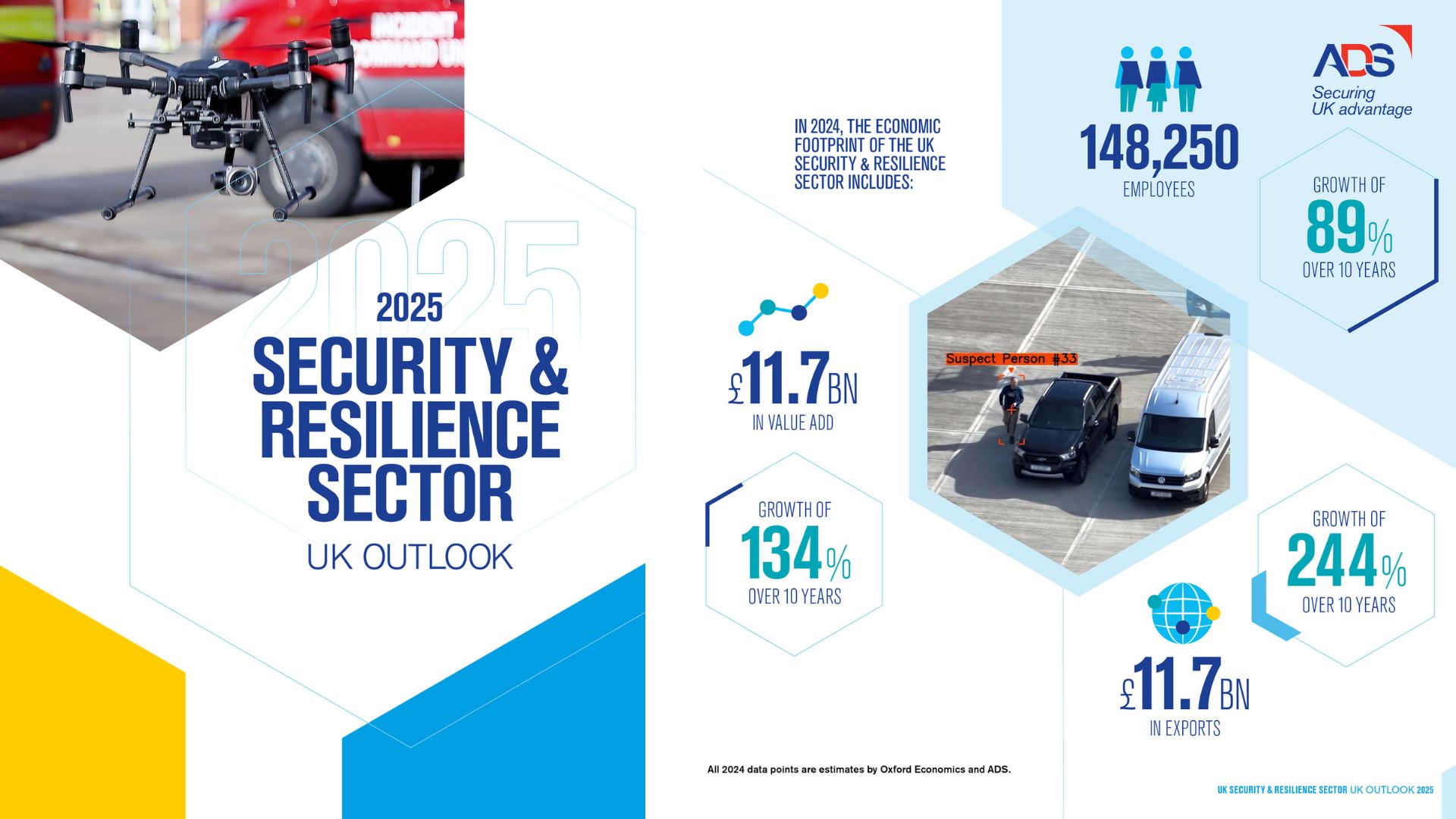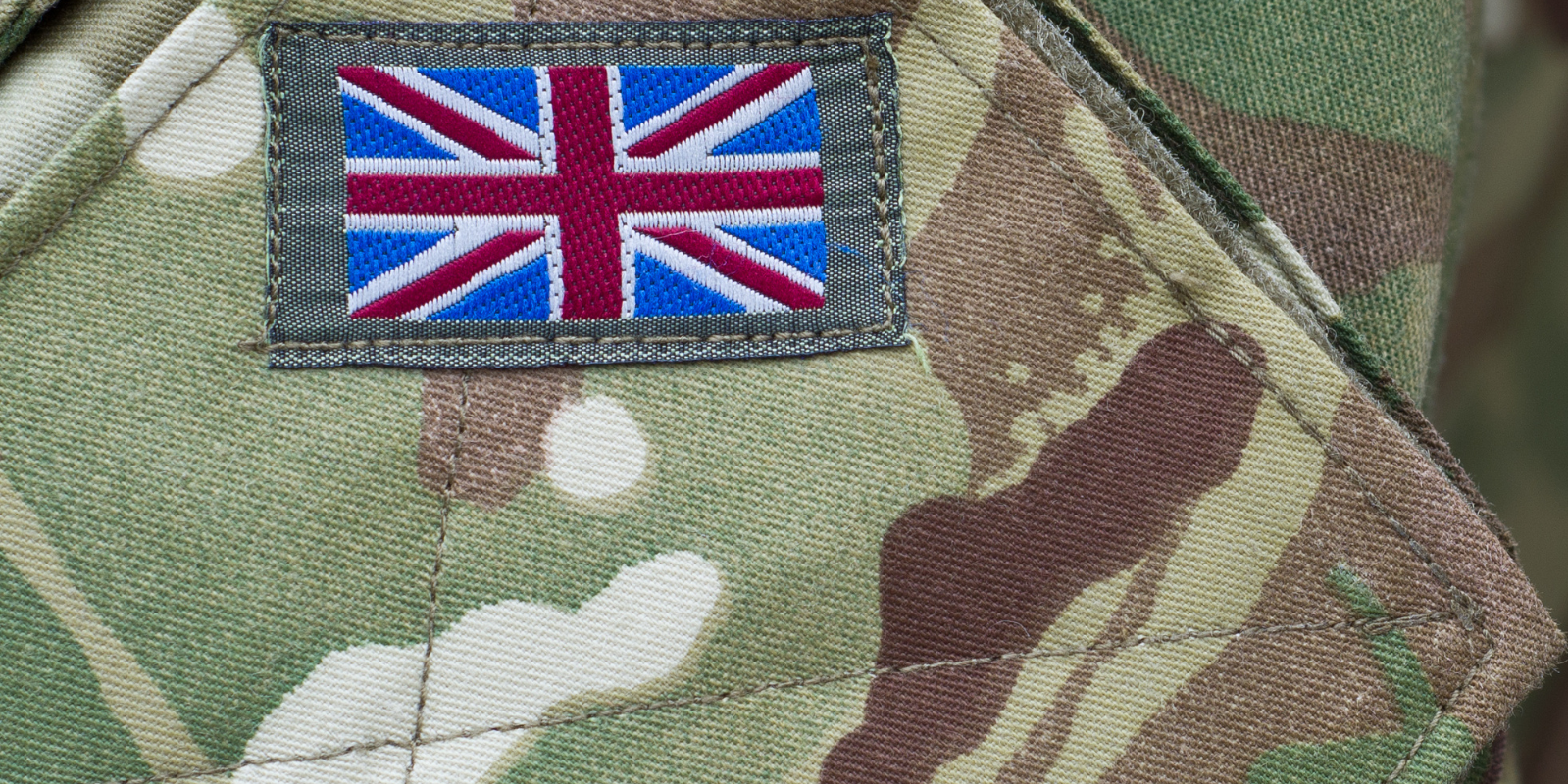
Last August, I raised five questions for the Global Economy, focusing on the outlook for China, Russia, Greece, oil prices and interest rates in the US and UK.
With the stock market crash in China yesterday sending ripples of fear through global markets, I thought I’d revisit those questions:
1. How hard will China’s landing be?
Beijing has been able to stabilise stock markets (for now), but significant questions remain about the health of the Chinese economy. Manufacturing output is down (which is what triggered the crash yesterday) and the aspirational middle classes (who have money tied up in the stock markets) are beginning to reign in the more luxurious elements of their discretionary spending.
Last year, a colleague said that they expected China to manage a soft landing, but with some hard edges. That assessment feels optimistic now.
2. Who will signal rates will remain unchanged through 2016 first, the Fed or the BOE?
I’ve already got the call on interest rates in the US wrong: I thought the Fed would hold through, but it raised rates in December (even though some are already suggesting the Fed’s stance is far too hawkish). The Bank of England, however, is likely to keep rates on hold for the moment.
3. Where – and when – will the oil price stabilise?
For the moment, oil has stabilised below $50 a barrel. For me that reflects both growing global demand weakness, as well as the typical assessments of the Saudis wanting to keep supply high to squeeze the competition (US shale, Russia, Iran…take your pick).
4. Can Russia’s economy hold on until the 2018 elections?
With the oil price sliding, the Russian economy has taken a battering: With one poll showing 39% of Russians can’t afford either sufficient food or clothing, most economists are predicting a second year of recession in 2016. Those 2018 elections will seem like a long, long time away.
5. When’s the next Greek crisis?





